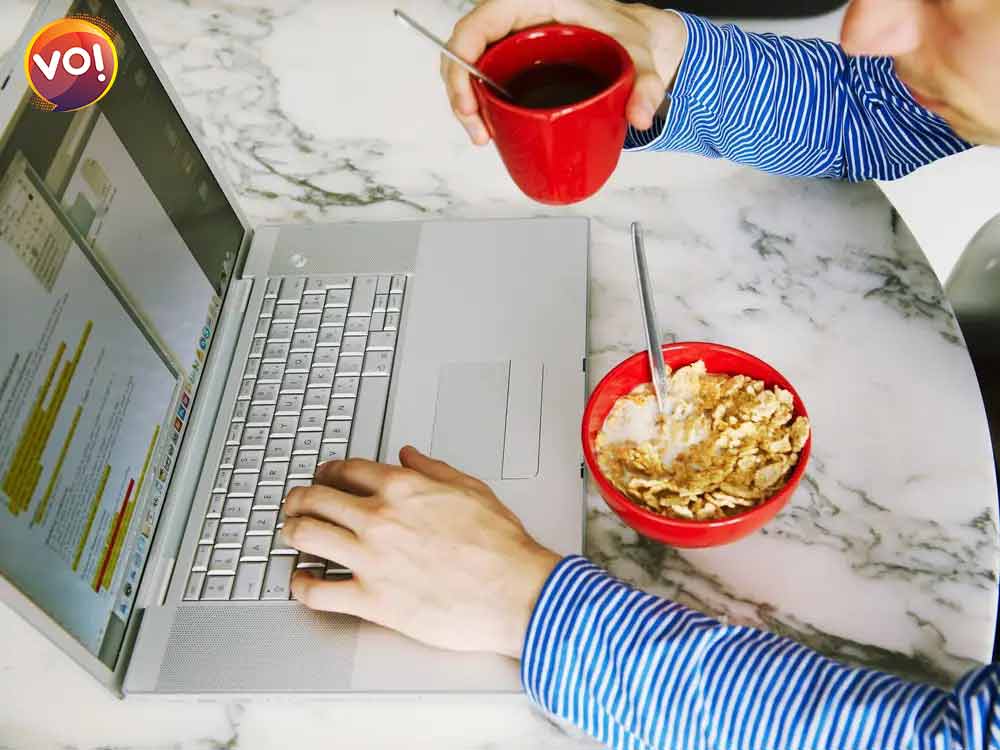While all countries and organisations mandate a clock-in and clock-out, not to forget the minimum hours of work, France is the only country where it is illegal to eat at your work station/ desk. The French labor code prohibits workers from eating lunch in the workplace. The lunch break, or “la pause déjeuner,” is now sacrosanct in France.
Originally, there wasn’t a culture of leaving your workplace to eat lunch but it was a public health crisis that paved the way for the lunch break and another crisis that nearly ended it.
As explained by food-culture historian Martin Bruegel. “Workers were diagnosed with various diseases as they shared meals on the factory floor. The Industrial Revolution was underway and workplaces were hardly sanitary. Soon, diseases were rampant and it was a full-blown health crisis. Doctors decided the only way to sort out the health crisis was to clean the air in dirty workspaces and that could only be done if workers left their workplaces. That’s when the plan to ban lunch at workplaces was instated. A decree was passed in 1894 banning lunch at workplaces.”
His essay “Covid-19, Workday Lunch, and the French Labor Code” harps on the old practice. As workers left the workplace, the windows of factories were opened to clear out the germs.

This created another unintended issue. People were now flooding public spaces during the lunch break which led to rampant harassment of women on the streets. So much that women protested to get workers to have lunch at their workplaces.
“The first women’s strike was actually carried out by the seamstresses demanding the right to eat in their workplace,” said Bruegel. The lawmakers said it was imperative for workers’ safety and the decree remained. This eventually paved way for what is now a cultural marker of the French and a celebrated one at that. Work and lunch couldn’t be more divorced than it is today in France. It’s entirely normal for workplaces to be shut down during lunch while bistros and restaurants are crowded with patrons.
Bruegel, for one, believes it’s essential. “People are just simply happier when they take some downtime during the workday. It’s good for their well-being.”













